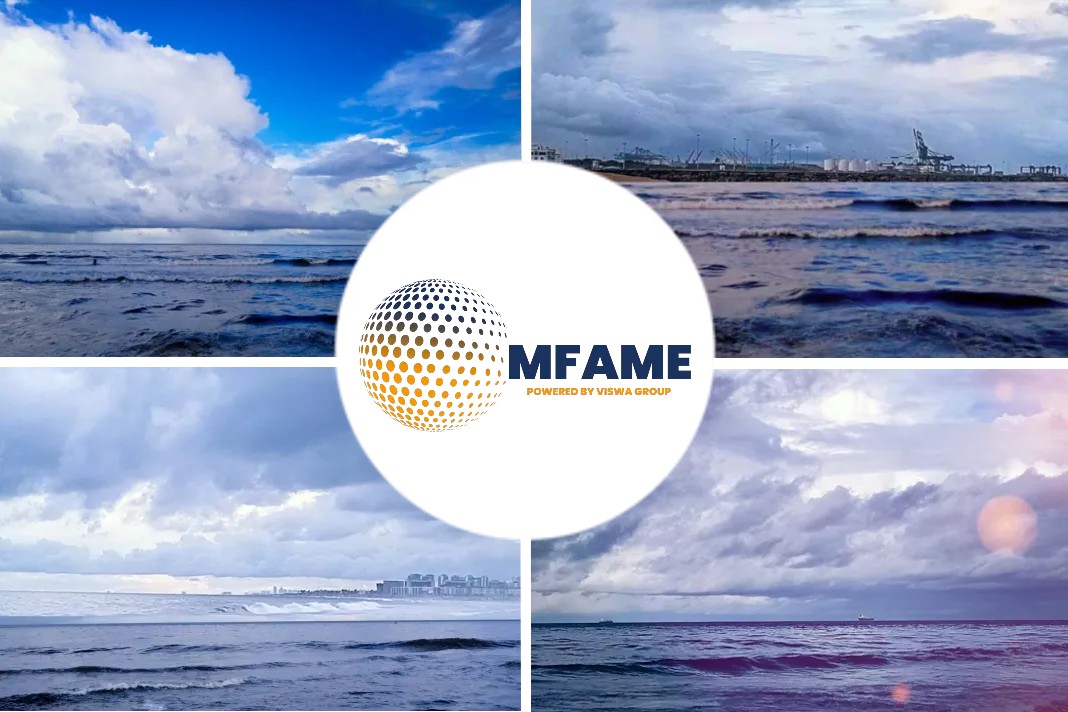- TT Club has recently been made aware that shipper interests have been seeking to transport Divinylbenzene (DVB) from China to destinations in both Europe and United States of America.
- DVB is a liquid chemical that is prone to polymerization (a form of self-reaction).
TT Club has recently been made aware that shipper interests have been seeking to transport Divinylbenzene (DVB)…., says an article published on their website.
Declaration of Divinylbenzene
TT Club has recently been made aware that shipper interests have been seeking to transport Divinylbenzene (DVB) from China to destinations in both Europe and United States of America, while misdeclaring the commodity as Class 9, UN 3082 ENVIRONMENTALLY HAZARDOUS SUBSTANCE, LIQUID, N.O.S. (Divinylbenzene).
In the light of serious incidents, the IMDG Code was amended to include subdivision Class 4.1 for polymerizing substances with new UN numbers:
- UN3532, POLYMERIZING SUBSTANCE, LIQUID, STABILIZED, N.O.S. and
- UN3534, POLYMERIZING SUBSTANCE, LIQUID, TEMPERATURE CONTROLLED, N.O.S.
While Divinylbenzene (or related trade names, which may include Diethenylbenzene or Vinylstyrene) is not specifically named in the Dangerous Goods regulations, it is to be classified under one of these two numbers.
It is understood that the shipper interests may be seeking to book this commodity using temperature controlled tank containers (which would generally be considered inconsistent with Class 9 in any event). The booking enquiry may be made with NVOC tank container operators or with a tank container lessors.
DVB is a liquid chemical that is prone to polymerization (a form of self-reaction). Products with a polymerization risk generally use chemical inhibitors to prevent self-reaction taking place.
Such chemical inhibitors are effective for a limited period of time at a maximum temperature of about 27°C, assuming that a critical oxygen saturation is maintained. As a result, the current mandatory regulations require temperature control to ensure the cargo remains sufficiently stabilised.
Did you subscribe to our daily newsletter?
It’s Free! Click here to Subscribe!
Source: ttclub






















